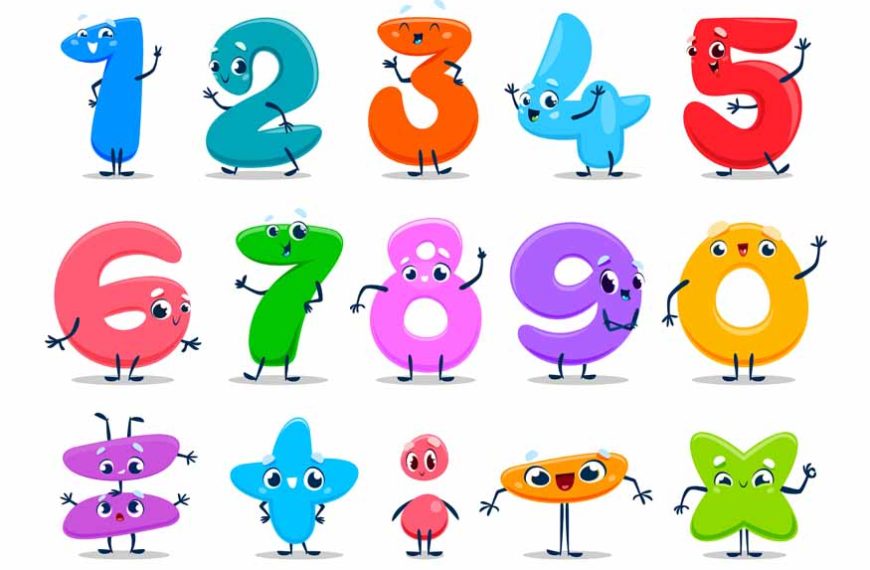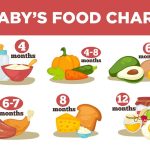Children are mostly influenced by their immediate surroundings. From the day they are born, they curiously observe what’s around them. Our duty as parents is to guide them and steer them in the right direction as they embark on their journey of cognitive development. The development of a child’s cognition and motor skills starts from a very young age. The so-called babbling phase when the child tries to communicate to their parents using sounds as they cannot use words is characterized by cognitive development. While there are many subjects which they will learn in the future, one subject among others, can be applied to real life and everyday living. Mathematics as a subject provides a basis for students to learn and develop their ability to compare numbers. If you were wondering, what comparing numbers or how you compare numbers, you’re in the right place.
What Is Comparing Numbers?
Comparing numbers goes a long way toward building a child’s sense of numbers. Simply put, the ability of a child to recognise and understand a number and its corresponding value is numbers sense. It is crucial that a child not only knows the value associated with that number but also the relation of that number to other numbers. That is precisely what comparing numbers is all about.
How Do You Compare Numbers?
Now that you have an understanding of what number comparison is all about, let’s move on to how we compare numbers. For instance, when you say the number five, the child should be able to understand that you are talking about ‘5’, which has a corresponding value of 5, represented by an asterisk mark. So the number would mean ‘5’, translating to ‘*****’. Now once a child has been able to grasp this concept, a child must learn how to relate these numbers with other numbers like 6 or 7. To keep it simple, give your child a basic understanding of it using numbers between 1 to 10 at first, before proceeding to larger numbers.
Why Do We Compare Numbers?
- To make practical decisions
- Understanding magnitude
- To study mathematics
- Enhances critical thinking
- Builds confidence
One of the fundamentals of making logical decisions is relying upon number comparison. Whether it’s deciding upon how many shirts or pants to take on a vacation or deciding which line to join at the supermarket, number comparison is essential for making essential life choices.
As a basic concept of number comparison, you will not be able to understand the magnitude of different quantities. You need number comparison to learn concepts like more or less, which factor into various things that you come across in your day. How would you know if 1 kilogram of rice is less than 2 kilograms of rice if it wasn’t for number comparison? Therefore, one can say that number comparison is essential for necessary life skills.
One of the most important reasons for learning number comparison is to help us understand more advanced concepts in mathematics later in our educational journey. For instance, to understand concepts like addition and subtraction, a fair idea of number comparison is required.
Critical thinking skills are required throughout our life. Whether it be at home, school or at the workplace, it is crucial to have a mind of your own and think critically.
Mathematics is surrounded by the stigma of being a subject which most students are afraid of. Therefore mastering basic concepts like number comparison is essential. This boosts the confidence of individuals and empowers them to reach new heights in the subject. It’s only when love for a subject develops in children do they start enjoying and studying the subject to the best of their ability.
Ways To Teach Number Comparison To Kids
- Hands-on experience
- Storytelling
- Interactive whiteboards
- Mathematical games
- Group activities
- Art and craft
One of the best ways to teach number comparisons to kids is by making use of the hands-on method. In this technique tangible everyday objects are used to teach the kids to recognise numbers, their value and their relation to other numbers. Building blocks, toys, and even fruits can be used to help children grasp the concept of number comparison.
At first, this may seem like a ridiculous idea. However, it is an extremely innovative way of teaching kids how to compare numbers. In this technique, the caregiver, parents or teacher creates a simple story involving characters and objects of different quantities. Then the kids are asked to relate the number of characters to the number of objects in the story. This is a unique way of teaching them the concept of greater and lesser.
Interactive whiteboards are a recent addition to the educational system and form a part of the blending of education with technology. These whiteboards allow for teachers to draw, and display images and videos to students. For instance, different quantities of fruits can be drawn on the whiteboard and students could be asked to write the corresponding number on the whiteboard.
Gaming and education seem to be a promising venture. Educational games are usually based on a reward system that encourages students to study and learn with the hope of becoming better at the games. Games can be developed to suit almost any subject and topic. They can also be played on numerous smart devices including computers, smartphones and even tablets.
Learning mathematics through group activities fosters collaboration and makes it easier for kids to put their heads together to work out a problem. It also makes it exciting as students are motivated to find solutions to problems as quickly as they can.
An age-old technique which still holds its ground or footing in modern-day education is the teaching of number comparisons through art. Simple everyday objects can be drawn on the blackboard and students can be encouraged to count the number of objects. Addition and subtraction can also be introduced to kids in this manner. In today’s day and age, most kids are visual learners and seem to be able to take a mental picture of images.
Here at EuroKids, we focus on the importance of cognitive development from a very young age. Our primary focus is to equip your little bundles of joy with a good foundation and basis that forms the building blocks for their further education. Our focus also lies on mathematics and the necessity of learning number comparison. We have numerous articles on our blog which will help you understand how to go about raising your little one. To know more, check out our blog.
















